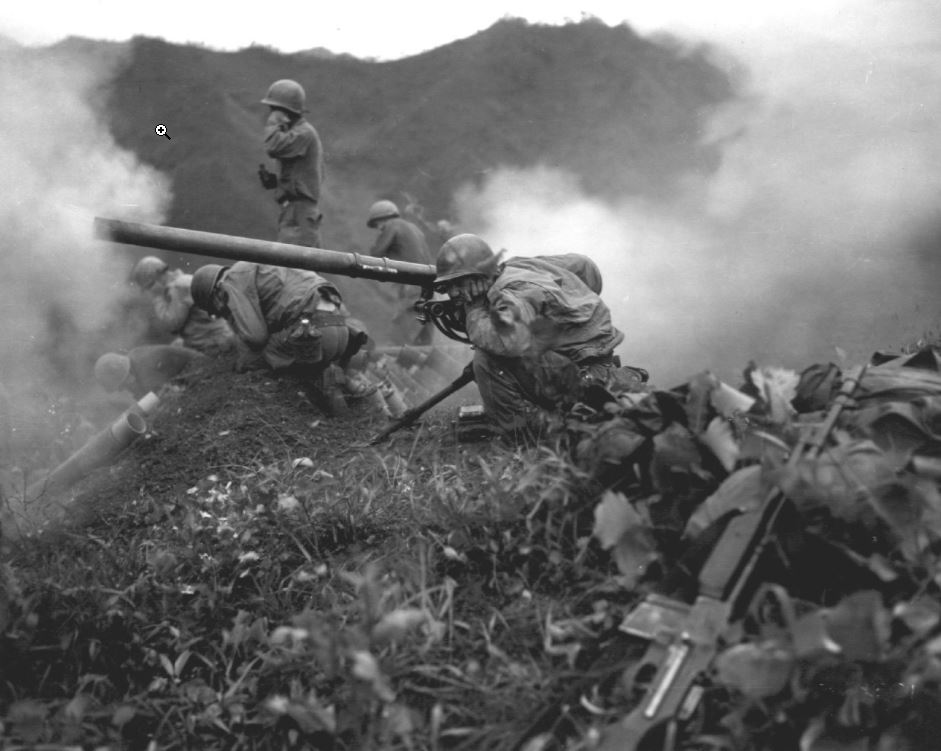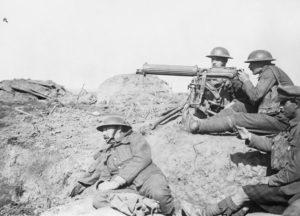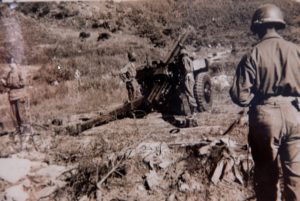
The conflict in Northern Ireland was one of the greatest that happened in the 20th century whose impact is felt up-to-date. The occurrence of this conflict occurred at a time when the northern region was experiencing a lot of unrest. The war in Northern Ireland had various causes. It was first prompted when England started to lay roots in the Irish lands. Two differing regions were occupying an island with both of them having different interests.
Differences were much profound when the Englishmen began to introduce religion into the politics of the Irish people. It was much more profound  that war was something usual. Plantations created by the English people started sprouting up as an initiative to confiscate the land owned by Irish people which pushed them more in the North. This happened during the English Commonwealth in the 1650s when Oliver Cromwell was king by then.
that war was something usual. Plantations created by the English people started sprouting up as an initiative to confiscate the land owned by Irish people which pushed them more in the North. This happened during the English Commonwealth in the 1650s when Oliver Cromwell was king by then.
Cromwell was known for his intense brutality. This was vividly shown when he took Drogheda, a small town that showed more campaign to evict Englishmen from the region, under siege. He massacred all the elders without mercy. Battles and disputes continued to intensify in the late seventeenth century hugely comprising the Catholics. Protestants slowly started taking a stronger hand leading to the creation and implementation of the penal laws that continued to oppress the Catholics. Seeing that they have been extremely sidelined, the Irish people formed a patriots’ movement that lobbied for parliamentary representation providing a platform for the voice of the Irish nationalists.
At this time England was witnessing external forces from both France and America to leave Ireland and run independently. This was a significant  boost to Irish people who organized a massive group of rebels known as the revolutionary republican group. With the aid of France, the rebel group succeeded more also in the southern regions. In the begin of the eighteenth century, an Act of Union was passed that recognized Ireland as one state in England due to the rising rebellion that prompted the need for harmony and security. Ireland and England united forming one House of Commons that had members from both Ireland and England.
boost to Irish people who organized a massive group of rebels known as the revolutionary republican group. With the aid of France, the rebel group succeeded more also in the southern regions. In the begin of the eighteenth century, an Act of Union was passed that recognized Ireland as one state in England due to the rising rebellion that prompted the need for harmony and security. Ireland and England united forming one House of Commons that had members from both Ireland and England.
During the twentieth century, Irish people started gaining back power and groups sprung up everywhere in Ireland that had an aim to preserve Irish culture and language. Home rule by the Irish people began to have its way prompting them to be pushed upper in the north forming an independent region.
